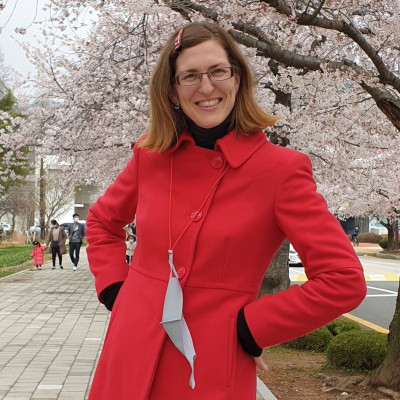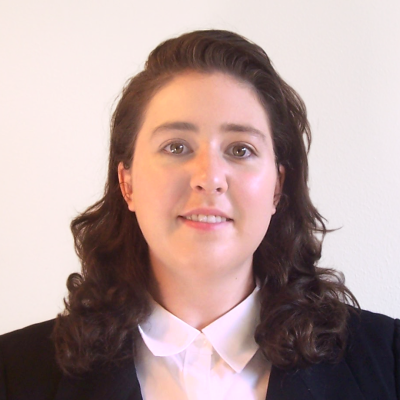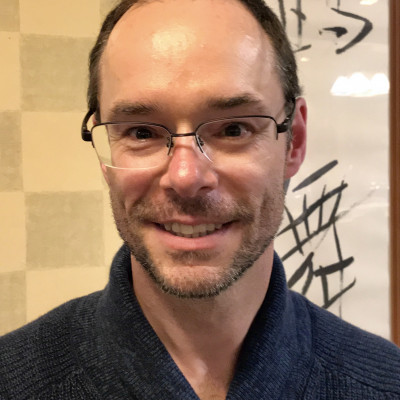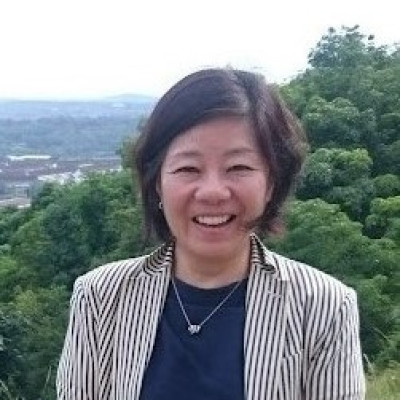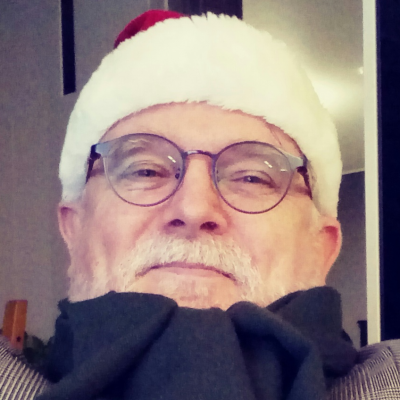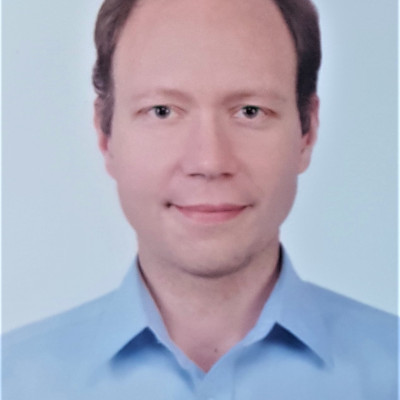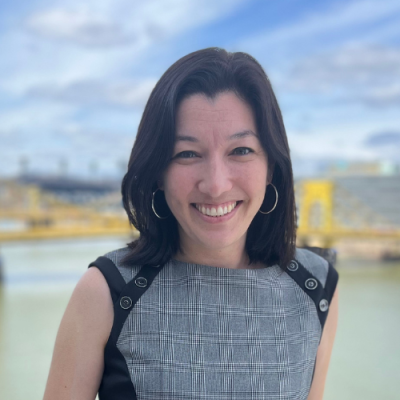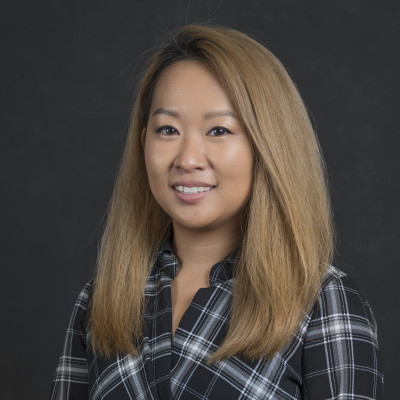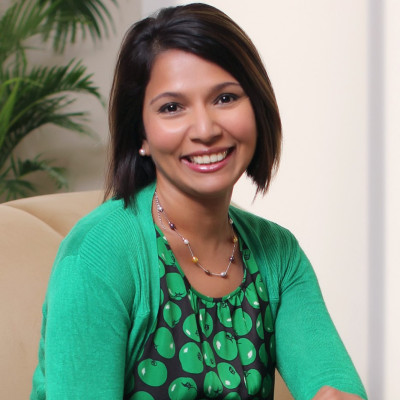Sessions / Location Name: P203
Physical Location
Location: P203
Building: Prime < Sookmyung Women's University, Seoul
Teacher as Designer: Reflective Practice Through a Lens #3663
KOTESOL Reflective Practice Special Interest Group (RP SIG)
If a "picture is worth a thousand words," then a well-designed picture is worth a thousand more! Do you want to take more time to reflect on and document your teaching this year? Have you ever tried using photography to do this? Have you ever wished that your photos looked nicer? A basic knowledge of design principles could help with that! In this interactive workshop, groups will participate in a discovery activity to learn about seven key principles of design (pattern, contrast, emphasis, balance, proportion, harmony, and rhythm). We will continue by analyzing example photos that illustrate these principles to check comprehension. Participants will then use their new knowledge to complete a photo scavenger hunt, and in the process, reflect on their learning and teaching practice. At the end of the workshop, there will be time to share photos, discuss challenges and reflect on patterns. Participants will leave this workshop inspired to think like designers, use this modality to reflect on their practice, and maybe even take better photos as a result!
Using Google Docs For Collaboration In Schools On Material Preparation #3665
Partner Session (JALT)
Many teachers working in private language schools or in the public and private elementary, middle and high schools have limited time for material preparation. Some have access to shared resources that individuals have made and posted on various websites, which may or may not be behind paywalls. But even these resources never seem to match ones own particular teaching situation, or the materials may actually be quite flawed. A solution to this problem would be to collaborate with colleagues in your own school or with others in a similar teaching environment using Google Docs. This workshop will show a real case study of a collaborative effort of three teachers to make materials at a private children's English language school in Japan that enhanced our classrooms and matched perfectly with the vocabulary and targets in our textbooks. Finally, the participants will be able to try their hand at collaborating on a small project.
Professional growth through critical friendships: Cases from Japan #3385
Teachers across Japan recognize the importance of professional development (PD), but many are at a loss for what to do since many report feeling isolated or compartmentalized. While recent government initiatives are encouraging more PD, without specific measures being implemented, institutions and individuals remain responsible for creating change. In the absence of formalized PD, many teachers in Japan end up looking beyond institutions to build relationships like critical friendships that, through reflective practice, provide support and encourage growth. A “critical friend” or “trusted other” is someone with whom an educator can engage reflectively and collaboratively about their beliefs, practices and identity (Hatton & Smith, 1995; Stenhouse, 1975). This panel will showcase the experiences of several EFL professionals in Japan through research conducted on, and through, critical friendships. Panelists will share their approach to researching their critical friendship research and what they gained, broadly and in terms of their personal growth.
Speedy Conversations and Extensive Speaking for English Fluency in University EFL #3545
Student collaboration through speedy conversations in conjunction with extensive speaking activities to increase fluency. Previous research has suggested that extensive monologic speaking activities modelled after extensive reading can result in superior performance outcomes in intensive courses (Gu & Reynolds, 2013). The current study integrated speaking instruction with both dialogic and monologic speaking activities within a common extensive EFL situation at a South Korean university. Instruction was given twice weekly during 90-minute classes. Students performed in-class speedy activities based on Maurice’s (1983) 4/3/2 fluency drill, and completed short recordings twice weekly as homework. The research team compared pre- and post-intervention speaking fluency. The findings show that the ‘pedagogical cocktail’ for speaking instruction was statistically significant and that the effect size was substantial. Participants in this talk will learn about our research, have an opportunity to share perspectives on spoken fluency, and gain practical tools for their TESOL classrooms.
Student Agency 101: Practical Tools to Empower Learners with Voice and Choice #3504
Creating a student-centered English language classroom requires instructors to develop robust strategy toolboxes that promote learner agency and autonomy. When students are situated at the heart of instruction, learning experiences are differentiated and self-guided, resulting in increased intrinsic motivation. This workshop introduces language educators of all levels to a variety of activities that empower multilingual students to take ownership of their learning by exercising voice and choice throughout the learning process. These pedagogical approaches create space for students to integrate their lived experiences, follow their interests and passions, and exercise individual and collaborative decision-making as self-directed learners. Participants will interact with and build activities using provided templates that intentionally incorporate student voice and choice at various stages of the learning cycle, from vocabulary development and brainstorming options, to differentiated skill development and authentic assessment.
Enhancing Students’ Success Using PBL in a Singapore University’s Writing Course #3486
This workshop provides ideas on how to use a Problem-Based Learning (PBL) approach to develop undergraduate students’ writing and communication competencies. Participants will experience how an authentic communication problem is facilitated in the Writing and Reasoning (WR) course at Singapore Management University. Through this learning process, students can hone their problem-solving, critical thinking, collaborative, communication, and presentation skills. In this workshop, participants will experience the steps in breaking down a problem, using scaffold questions to guide students’ learning, and giving feedback on students’ solutions to the problem. Suggestions on applying this workshop’s ideas to the participant’s own contexts will be discussed.
